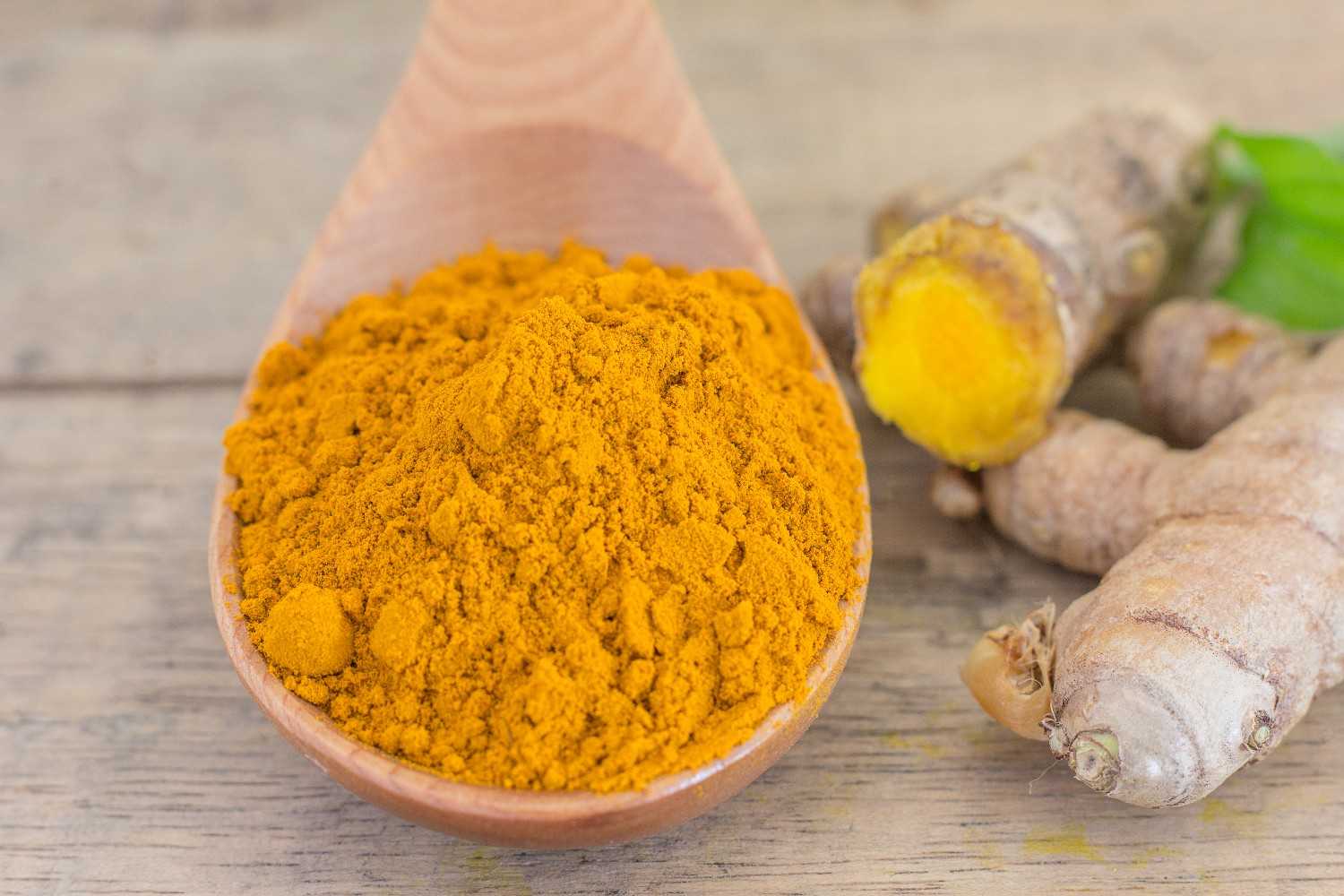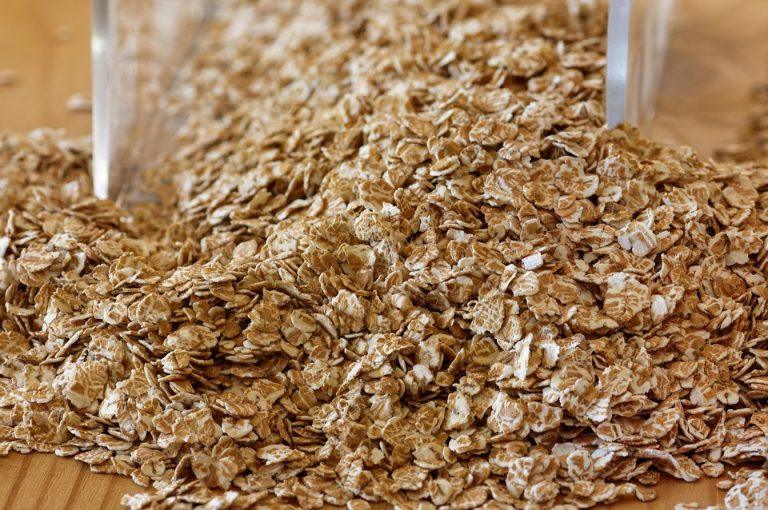Did you know that the golden spice sitting in your kitchen could be a game-changer for your brain health? Turmeric, often lauded for its anti-inflammatory properties, has been gaining attention in the wellness community for its potential cognitive benefits. Let’s dive into five powerful ways turmeric can boost your brain health and why you might want to start incorporating it into your diet.
Contents
1. The Curcumin Connection
At the heart of turmeric’s brain-boosting abilities is curcumin, its primary active compound. Research suggests that curcumin may help enhance cognitive function and protect against neurodegenerative diseases.
How It Works
Curcumin has been shown to cross the blood-brain barrier, which means it can exert its effects directly in the brain. A study published in the Journal of Neurochemistry (2018) found that curcumin could reduce amyloid plaques, which are associated with Alzheimer’s disease. By reducing inflammation and oxidative stress, curcumin helps maintain neural health.
Pros and Cons
While the benefits of curcumin are promising, it’s worth noting that it’s not easily absorbed by the body. Pairing it with black pepper, which contains piperine, can enhance absorption significantly. So, if you’re planning on making a turmeric latte, sprinkle in some black pepper too!
2. Anti-Inflammatory Benefits
Chronic inflammation is a silent enemy of brain health. It’s linked to various conditions, including Alzheimer’s and other forms of dementia. Turmeric’s anti-inflammatory properties could be a protective factor.
The Science Behind It
According to the American Journal of Geriatric Psychiatry (2019), inflammation in the brain can lead to cognitive decline. Curcumin can inhibit the activation of inflammatory cytokines, which are substances secreted by immune cells that promote inflammation. By reducing this inflammation, turmeric may help preserve cognitive function as we age.
Considerations
While turmeric is a natural anti-inflammatory agent, it shouldn’t replace conventional treatments for chronic inflammation. Always consult with a healthcare provider for personalized advice.
3. Mood Booster
Feeling a bit down? Turmeric might help lift your spirits. Research has indicated that curcumin can have antidepressant effects, making it a potential ally in combating mood disorders.
What the Research Says
A study in the Journal of Affective Disorders (2014) found that curcumin supplementation was associated with a significant reduction in depressive symptoms. The compound may increase levels of brain-derived neurotrophic factor (BDNF), a protein that supports the survival of existing neurons and encourages the growth of new neurons and synapses.
The Caveat
While turmeric can be a supportive element for mood, it shouldn’t replace therapy or medication for serious mental health issues. It’s essential to view it as a complementary approach rather than a standalone solution.
4. Memory and Cognitive Function
If you’re looking to sharpen your memory, turmeric might be worth considering. Some studies suggest that curcumin can enhance memory and cognitive function.
Evidence-Based Insights
A 2020 study published in Frontiers in Aging Neuroscience found that older adults who took curcumin supplements showed improved memory performance compared to a placebo group. The researchers concluded that curcumin could positively impact cognitive function, particularly in aging populations.
Points to Ponder
While these findings are encouraging, remember that more extensive clinical trials are necessary to establish definitive conclusions. It’s always wise to approach new supplements with a critical mindset.
5. Neuroprotection
Turmeric doesn’t just help with existing brain health; it might also protect against future damage.
The Protective Mechanism
Curcumin is believed to promote neurogenesis, the process of forming new neurons, which is essential for learning and memory. A review in the International Journal of Molecular Sciences (2021) highlighted how curcumin’s antioxidant properties can protect brain cells from damage caused by free radicals.
A Word of Caution
While the neuroprotective effects of turmeric are promising, it’s crucial to combine it with a balanced diet and other healthy lifestyle choices. Relying solely on turmeric won’t provide the comprehensive brain protection you need.
FAQs
1. How can I incorporate turmeric into my diet?
You can add turmeric to smoothies, curries, soups, or even make a turmeric tea. Just remember to include black pepper for better absorption!
2. Are there any side effects of turmeric?
While turmeric is generally safe, high doses may cause stomach upset or interact with certain medications. Always consult your healthcare provider before starting any new supplement.
3. How much turmeric should I take for brain health?
Most studies use doses ranging from 500 to 2,000 mg of curcumin per day. However, it’s best to start with a smaller amount and see how your body reacts.
4. Can turmeric help with anxiety?
Some studies suggest that curcumin may help reduce anxiety symptoms, but it should not replace professional treatment for anxiety disorders.
Conclusion
Incorporating turmeric into your diet can be a flavorful and healthful decision, especially when it comes to brain health. From its anti-inflammatory properties to its potential neuroprotective effects, turmeric offers a range of benefits that are worth exploring. However, it’s essential to approach it with a balanced mindset—while turmeric has the potential to support cognitive function, it should be part of a holistic approach to brain health that includes a nutritious diet, regular exercise, and mental stimulation.
As we continue to learn more about the effects of turmeric and its active compounds, it’s clear that this golden spice has much to offer. So, why not give it a try? Your brain might just thank you for it!
Disclaimer: This article is for educational purposes only and is not a substitute for professional medical advice. Always consult a qualified healthcare provider before making changes to your health routine.
References
- Panahi, Y., et al. (2018). Curcumin and its effects on Alzheimer’s disease: A review. Journal of Neurochemistry. Retrieved from https://www.jneurochemistry.com
- Akinwumi, A. D., et al. (2019). The role of curcumin in the treatment of depression: A systematic review. American Journal of Geriatric Psychiatry. Retrieved from https://www.ajgponline.org
- Amini, M., et al. (2020). Effects of curcumin on cognitive function in older adults: A randomized controlled trial. Frontiers in Aging Neuroscience. Retrieved from https://www.frontiersin.org
- Bhandari, S. R., et al. (2021). Curcumin: A potential neuroprotective agent. International Journal of Molecular Sciences. Retrieved from https://www.mdpi.com
Get Your FREE Natural Health Guide!
Subscribe now and receive our exclusive ebook packed with natural health tips, practical wellness advice, and easy lifestyle changes, delivered straight to your inbox.




